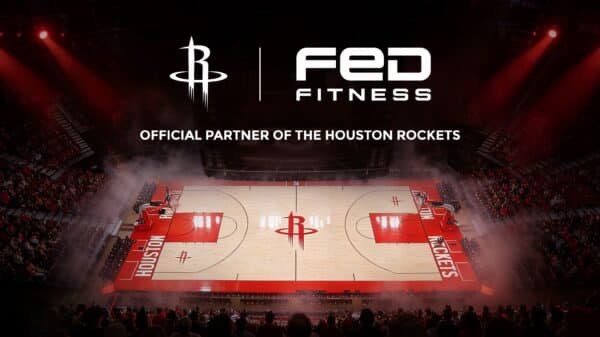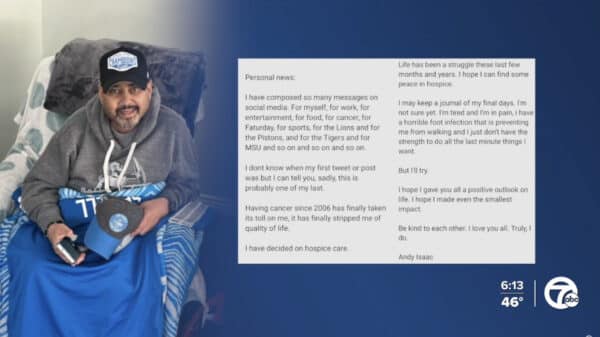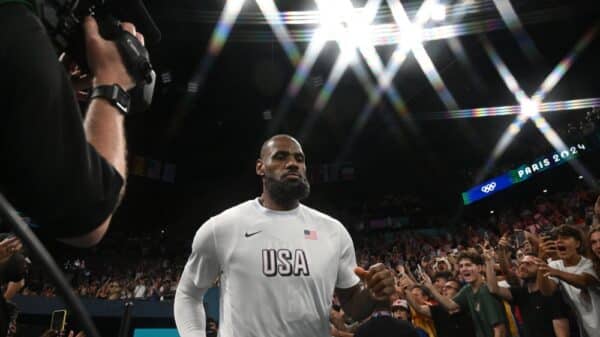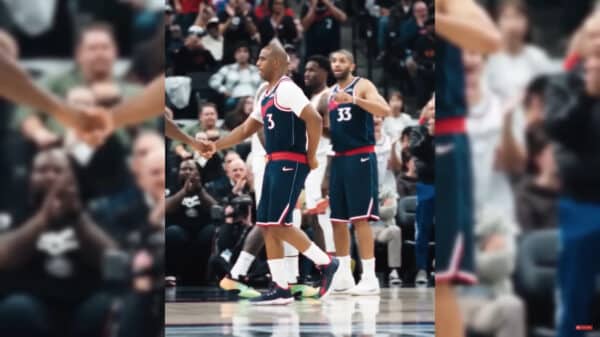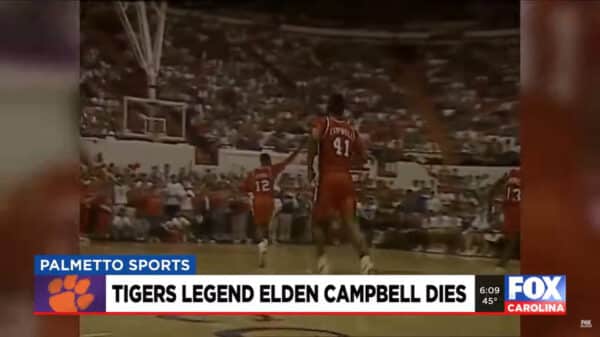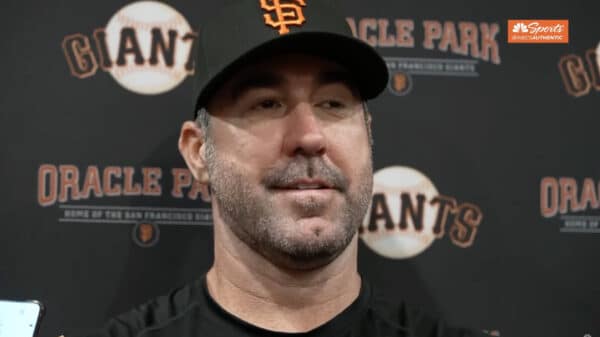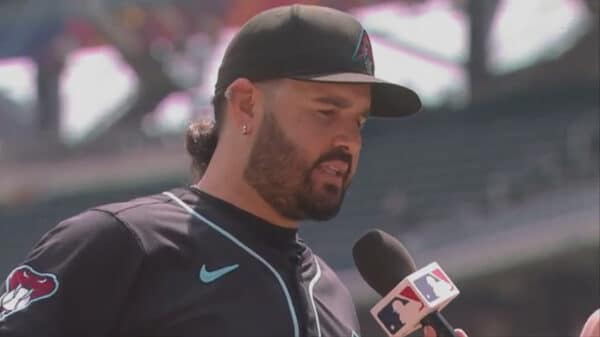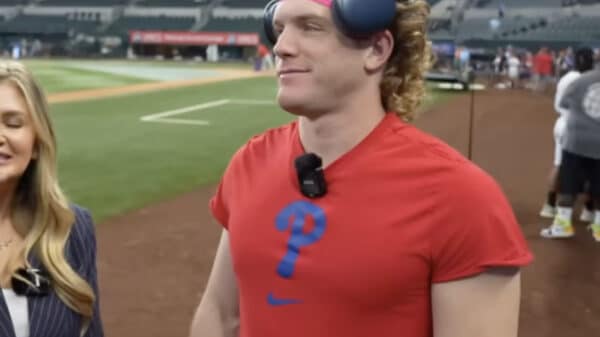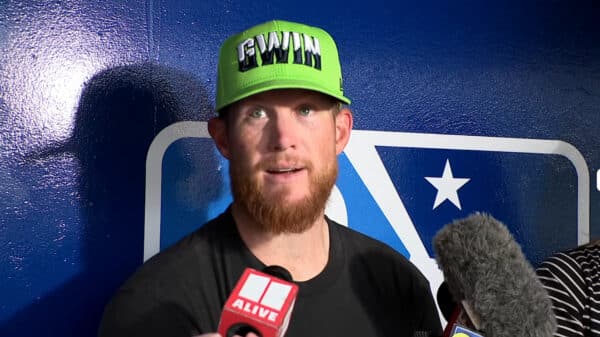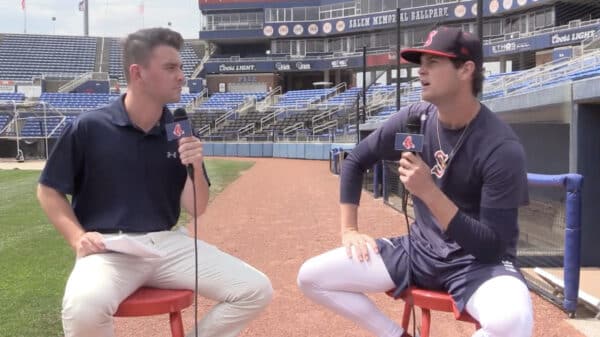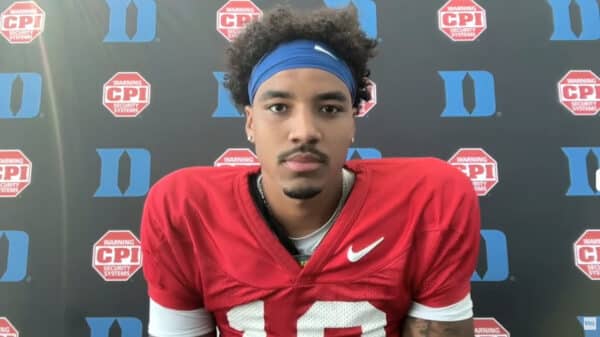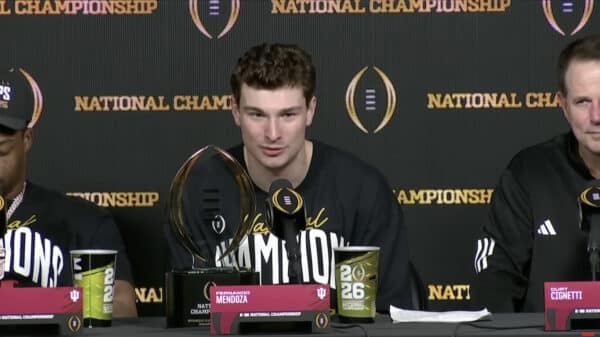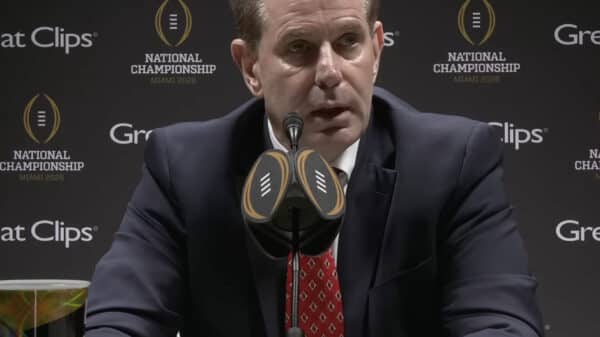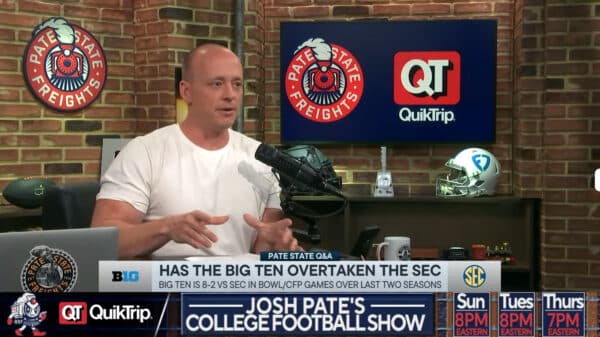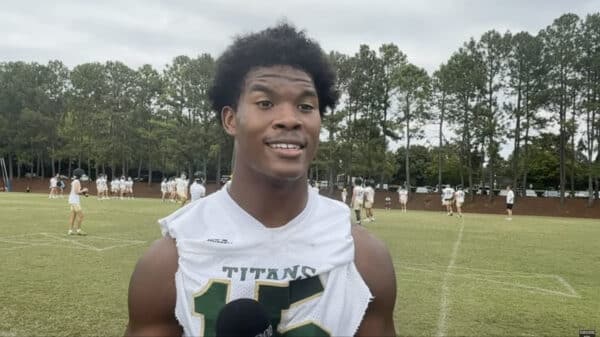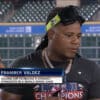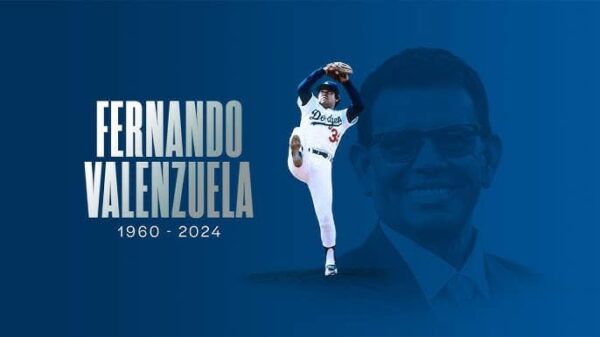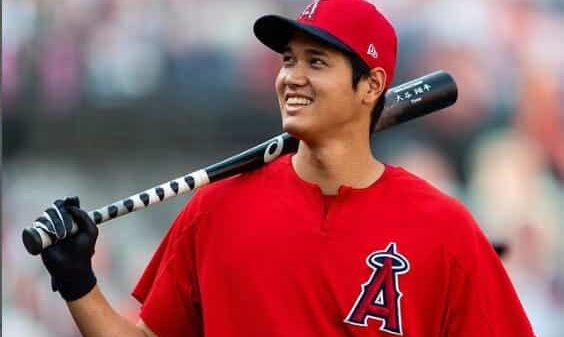The Golden State Warriors found themselves in a crucial moment during Game 3 of their playoff series against the Houston Rockets, locked at 1-1. The atmosphere at Chase Center was electric, but it was also tinged with anxiety, especially since the Warriors were without their star player, Jimmy Butler, who was sidelined due to a pelvic contusion. Fans and teammates alike felt the weight of this absence, knowing that a strong response was necessary to regain momentum in the series.
Enter Stephen Curry. Time and again, he has risen to the occasion, proving himself to be not just a shooter but a leader. In this game, Curry displayed both tenacity and skill, ultimately guiding the Warriors to a 104-93 victory and a 2-1 series lead. He finished with an impressive stat line: 36 points, seven rebounds, nine assists, two blocks, and five three-pointers. His ability to rally his team when it matters most has established him as a cornerstone of the franchise.
But as impressive as Curry was, not all was harmonious on the Warriors’ bench. Cameras caught a moment that spoke volumes about the tension in the game. Curry was visibly frustrated with Buddy Hield’s decision-making, particularly regarding his dribbling during crucial stretches. When the team called for a timeout, Hield turned to Curry, fervently apologizing, “My fault, my fault.” The moment, while seemingly innocuous, was charged with emotion.
On the sidelines, even Butler—despite his absence from the court—was heavily invested in the game. He expressed his displeasure with Hield’s performance by shaking his head in frustration. This moment wasn’t just a snapshot of frustration; it was a reflection of what it means to be part of a team where every decision counts, particularly in high-stakes playoff games.
Despite these hitches, the game turned out to be a pivotal win for the Warriors. Hield managed to contribute 17 points and two rebounds, underscoring that no matter the bumps along the way, teamwork and resilience can carry a team through.
Jimmy Butler’s frustrations weren’t an isolated incident. A clip later surfaced online where he could be seen speaking to Hield about his play. The body language said it all; Butler’s animated gestures made it clear he was fed up with Hield’s dribbling. Just a few days before that moment, Butler had openly challenged Hield during a postgame press conference, advising him, “Buddy, stop trying to dribble. I hate that.” It was candid but necessary feedback intended to guide his teammate toward better decisions on the court.
Looking ahead, the anticipation builds for Game 4, as Butler is expected to return from injury. His presence is not only a morale booster for the team, but it also injects an extra layer of strategical depth. With Butler back, the Warriors could even find themselves more cohesive as they aim to build a commanding 3-1 lead over the Rockets.
In the world of playoff basketball, every interaction—every moment—could be the difference between victory and defeat. Fans can expect emotions to run high, strategies to be scrutinized, and relationships to be tested. Yet, this is exactly what makes the playoff season so exhilarating; every game, every series, tells a story of trial, triumph, and the bonds formed in the heat of competition.
Image Source: Buddy Hield @ Instagram


